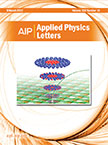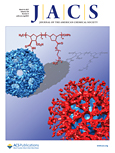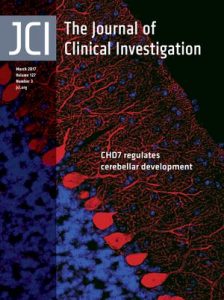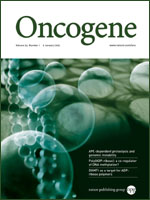 Researchers from China have retracted a physics paper after realizing an error led them to report results that were nearly 100 times too large.
Researchers from China have retracted a physics paper after realizing an error led them to report results that were nearly 100 times too large.
What’s more, the authors omitted key findings that would enable others to reproduce their experiments.
According to the notice, the authors used a value to calculate a feature of electrons—called mobility—that “was approximately 100 times too small,” which led to results that were “100 times too large.” The notice also details several gaps in the presentation of experimental results, which preclude others from duplicating the experiments.
Here’s the retraction notice for “Bulk- and layer-heterojunction phototransistors based on poly[2-methoxy-5-(2′-ethylhexyloxy-p-phenylenevinylene)] and PbS quantum dot hybrids:” Continue reading Physics paper’s results off by factor of 100







 When zoologists at the University of Oxford
When zoologists at the University of Oxford  Here’s a rather odd case: When readers raised issues about some of the images in a 2008 cancer paper, the authors issued a correction last year. But when
Here’s a rather odd case: When readers raised issues about some of the images in a 2008 cancer paper, the authors issued a correction last year. But when